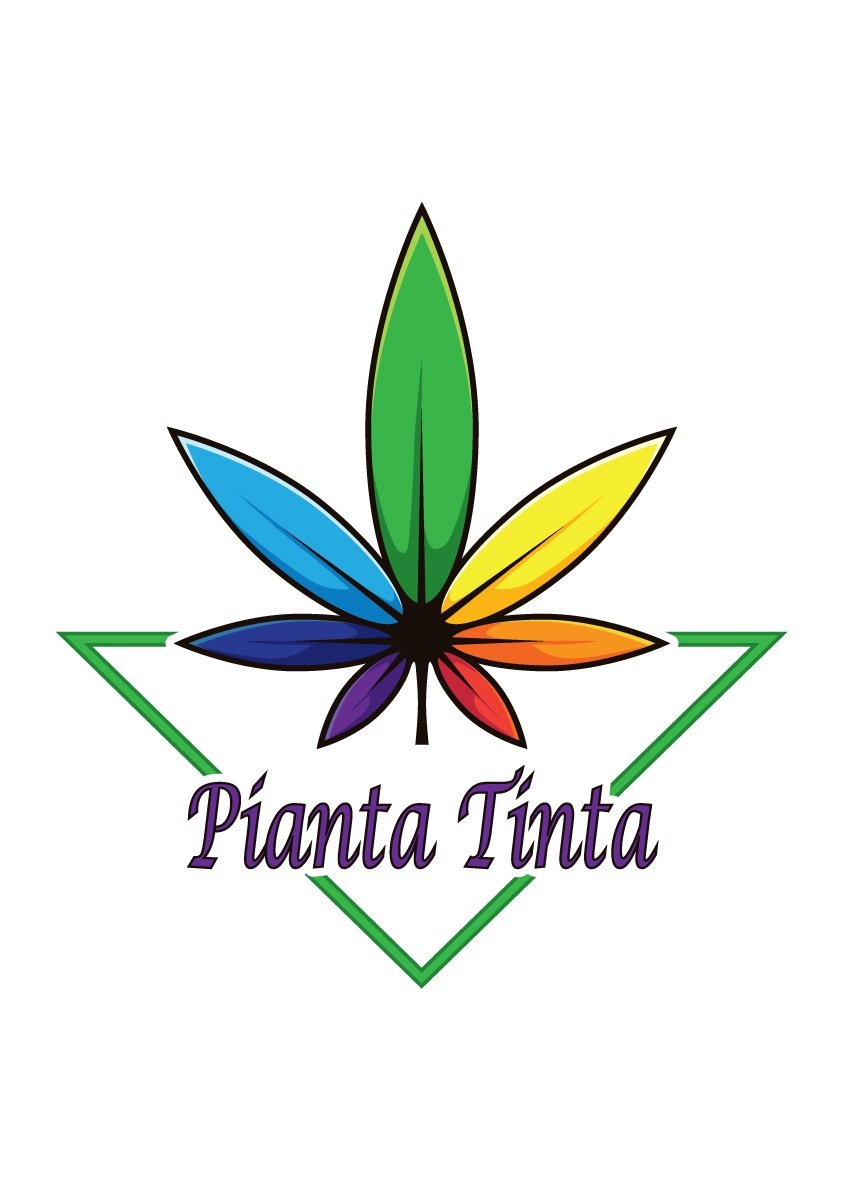How Cannabidiol (CBD) Works for Treating Anxiety
by Jeremy Kossen at www.leafly.com
While we don’t normally think of anxiety as desirable, it’s actually a critical adaptive response that can help us cope with threats to our (or a loved one’s) safety and welfare. These responses help us recognize and avert potential threats; they can also help motivate us to take action to better our situation (work harder, pay bills, improve relationships, etc.). However, when we don’t manage these natural responses effectively, they can become maladaptive and impact our work and relationships. This can lead to clinically diagnosable anxiety-related disorders. We’ve all heard the saying, “stress kills.” It’s true!
Anxiety-related disorders affect a huge segment of our population—40 million adults (18%) in the United States age 18 and older. In response, Big Pharma has developed numerous drugs to treat anxiety-related disorders, from selective serotonin reuptake inhibitors (SSRIs) like Prozac and Zoloft to tranquilizers (the most popular class being benzodiazepines such as Valium and Xanax).
While these drugs can be effective for many patients, some don’t respond favorably. Certain patients don’t see much improvement, or they can’t tolerate the side effects. Moreover, tranquilizers like Valium and Xanax can be highly addictive. Clearly, alternative treatments are warranted. Could cannabidiol (CBD), the most prominent non-intoxicating constituent in cannabis, provide a viable alternative for currently available anxiety medications? Quite possibly!
In recent years, CBD has generated a tremendous amount of interest among consumers, clinicians, and scientists. Why? Not only does evidence suggest CBD counteracts many of THC’s adverse effects, but numerous animal studies and accumulating evidence from human experimental, clinical, and epidemiological studies suggest CBD has powerful anti-anxiety properties. Administered acutely (“as needed”), it appears safe, well-tolerated, and may be beneficial to treat a number of anxiety-related disorders, including:
Panic disorder
Obsessive Compulsive Disorder (OCD)
Social phobia
Post-Traumatic Stress Disorder (PTSD)
Generalized Anxiety Disorder (GAD)
Mild to moderate depression
How Does CBD Work?
CBD exerts several actions in the brain that explain why it could be effective in treating anxiety. Before we dive in, it’s important to note that most research describing how CBD works is preclinical and based on animal studies. As the saying goes, “mice are not men” — and, results from animal studies don’t always neatly transfer to human therapies. However, preclinical studies provide insights that move us in the right direction:
5-HT1A agonist: 5-HT1A is a subtype of the serotonin receptor, which is important because anxiety and depression can sometimes be treated with medications that target the serotonin system. This is why drug companies developed selective serotonin reuptake inhibitors (SSRIs) like Prozac and Zoloft. SSRIs work by blocking reabsorption of serotonin in the brain, which increases availability of serotonin in the synaptic space. This helps brain cells transmit more serotonin signals, which can reduce anxiety and boost mood in certain cases (although the full biological basis for this is more complicated and not fully understood).
Similar to SSRIs, CBD may boost signaling through serotonin receptors. In an animal study, Spanish researchers found that CBD enhances 5-HT1A transmission and may affect serotonin faster than SSRIs. Researchers noted:
“The fast onset of antidepressant action of CBD and the simultaneous anxiolytic (anti-anxiety) effect would solve some of the main limitations of current antidepressant therapies.”
Hippocampal neurogenesis: The hippocampus is a major brain area, and plays a critical role in a variety of brain functions. It’s most famous for its role in memory formation and cognition. Brain scans of patients suffering from depression or anxiety often show a smaller hippocampus, and successful treatment of depression is associated with the birth of new neurons (neurogenesis) in the hippocampus.
An animal study using mice found repeated administration of CBD may help the hippocampus regenerate neurons, which could be useful for treating anxiety or depression. Research shows both SSRIs and CBD may promote neurogenesis. This is significant, because evidence suggests that severely impaired neuronal plasticity may influence suicidal behavior. Future research comparing CBD and SSRIs effect on neurogenesis could open up promising new avenues in how we understand depression and how to most effectively treat it.
How Can CBD Help Anxiety?
Building on the foundation of animal studies, human studies are starting to provide evidence to demonstrate that CBD can improve many commonly reported anxiety-disorder symptoms, including acute stress and anxiety.
Human Studies Show How CBD Reduces Anxiety
Brazilian researchers conducted a small double-blind study of patients afflicted with generalized social anxiety. After consuming CBD, participants reported a significant decrease in anxiety. Researchers validated patients’ subjective reports by performing brain scans showing cerebral blood flow patterns consistent with an anti-anxiety effect.
In another small study, researchers had patients suffering from Social Anxiety Disorder perform a simulated public speaking test. Participants reported significantly less anxiety, findings supported by objective anxiety indicators like heart rate and blood pressure.
Researchers concluded, “[CBD] significantly reduced anxiety, cognitive impairment, and discomfort in their speech performance,” whereas the placebo group experienced “higher anxiety, cognitive impairment, [and] discomfort.”
Final Thoughts
Evidence from animal studies have begun to characterize the details of how CBD acts in the brain, and human studies of patients with and without anxiety disorders are starting to validate CBD’s efficacy as an anti-anxiety treatment. Given the huge social and financial costs of anxiety disorders in the U.S., CBD has the potential to play a significant role in treating a myriad of anxiety-related disorders.
While more research, including large randomized-control trials (RCTs), is clearly warranted to examine the long-term effects and potential for CBD, its demonstrated efficacy and highly favorable safety profile (particularly when compared to currently available drugs) make it a viable alternative or adjunct to currently available pharmaceuticals.
References
Blessing EM, Steenkamp MM, Manzanares J, Marmar CR. Cannabidiol as a Potential Treatment for Anxiety Disorders. Neurotherapeutics. 2015;12(4):825-36. PDF
Malberg JE, Eisch AJ, Nestler EJ, Duman RS. Chronic antidepressant treatment increases neurogenesis in adult rat hippocampus. J Neurosci. 2000;20(24):9104-10. PDF
Zlebnik NE, Cheer JF. Beyond the CB1 Receptor: Is Cannabidiol the Answer for Disorders of Motivation?. Annu Rev Neurosci. 2016;39:1-17. PDF



